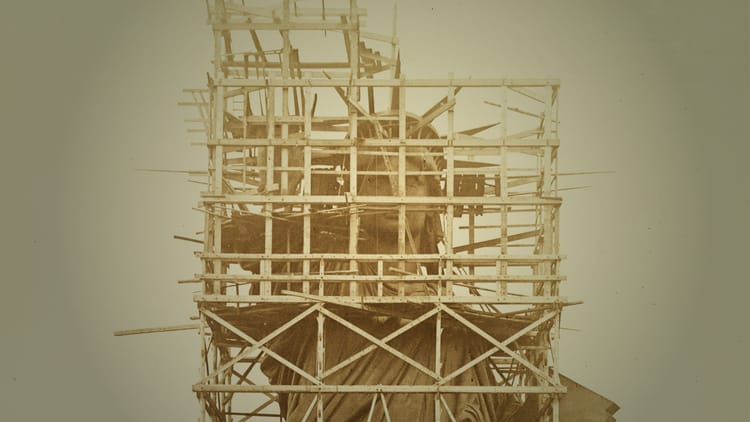The fourth branch

On taking office, in late January, one of the first orders signed by President Donald Trump revoked the security clearances of 50 former U.S. intelligence officials, making them ineligible to receive or read classified material. In the closing moments of the 2020 presidential election campaign, 49 of those officials signed an open letter stating that in their estimation, compromising emails found on Hunter Biden’s laptop had “all the classic earmarks of a Russian information operation.” Infamously, that turned out to be wrong.
The 50th official, John Bolton, served as National Security Advisor in Trump’s first administration, though Bolton has been highly critical of Trump ever since.
These weren’t just any intelligence officials; they’ve held some of the United States’s most senior national-security posts—including three directors and two acting directors of the Central Intelligence Agency, along with one director of national intelligence. Meanwhile, Trump has nominated long-time critics of America’s national-security state to head up the United States Intelligence Community and the Federal Bureau of Investigation. And he’s planning on asserting extensive control over the federal bureaucracy more broadly—having already signed an order eliminating job protections for up to 50,000 federal employees and allowing for their replacement with handpicked loyalists.
The new administration’s unifying language for this swift, aggressive set of initiatives is that it is finally and truly taking on the “deep state.” It’s language that’ll be familiar to anyone who’s listened to those around Trump for years, even back to his first term. But what exactly do they mean by it—and what exactly does taking it on imply?
Hugh Wilford is a professor of history at California State University, Long Beach, and the author of CIA: An Imperial History and The Mighty Wurlitzer: How the CIA Played America. Wilford says there’s a curious intellectual history to the language of the “deep state”; there's also no small measure of truth to this language. But the practical reality it expresses in the new U.S. administration is a specific clash, with specific contours, between the president and elements within America’s national-security state. As Trump’s cabinet picks suggest, prosecuting that conflict is a priority for him. Still, Wilford says, there are reasons—both on the horizon and already within Trump’s agenda—why he’s apt to find the American intelligence community far too useful to topple …
Gustav Jönsson: Where does the idea of a deep state come from?






